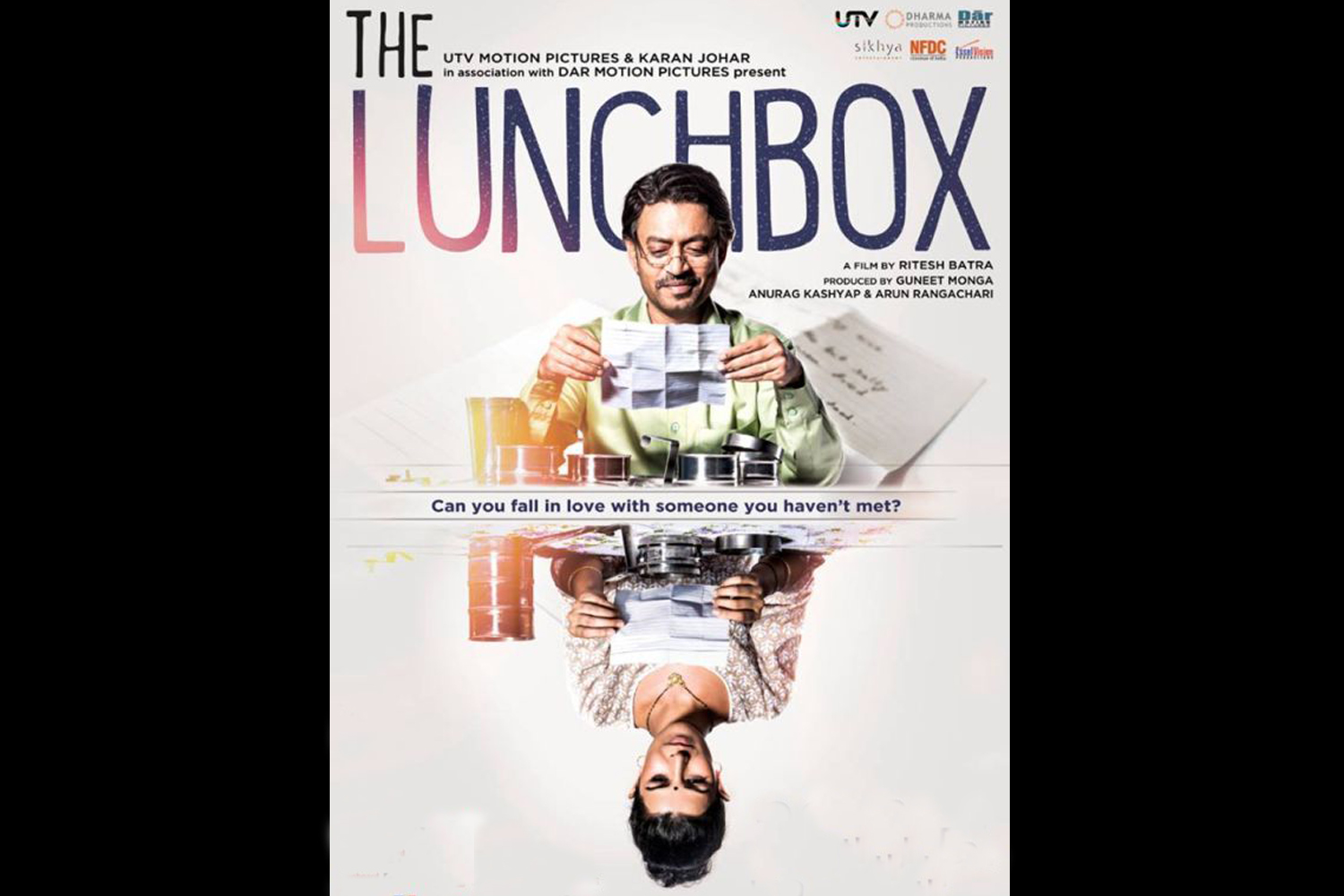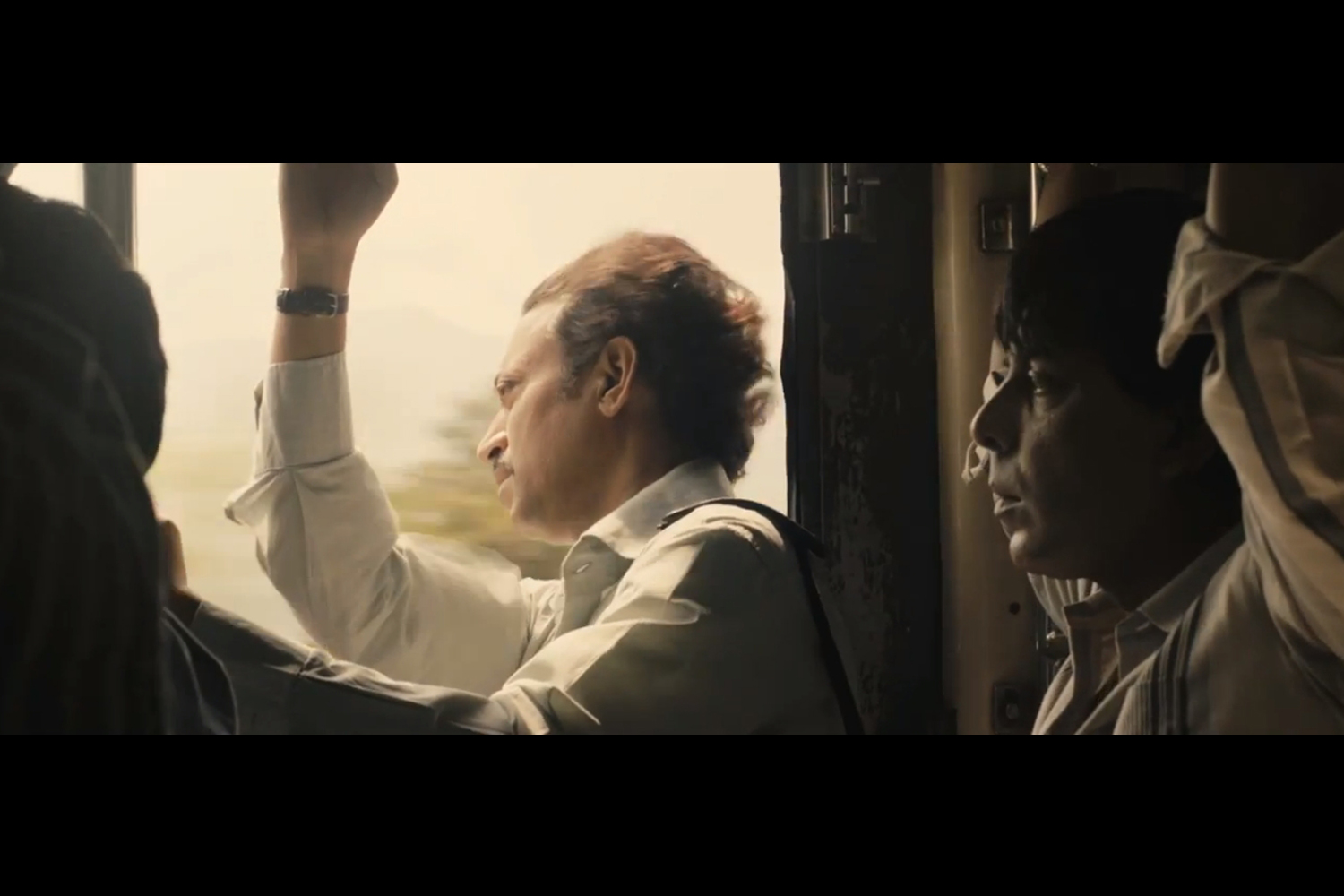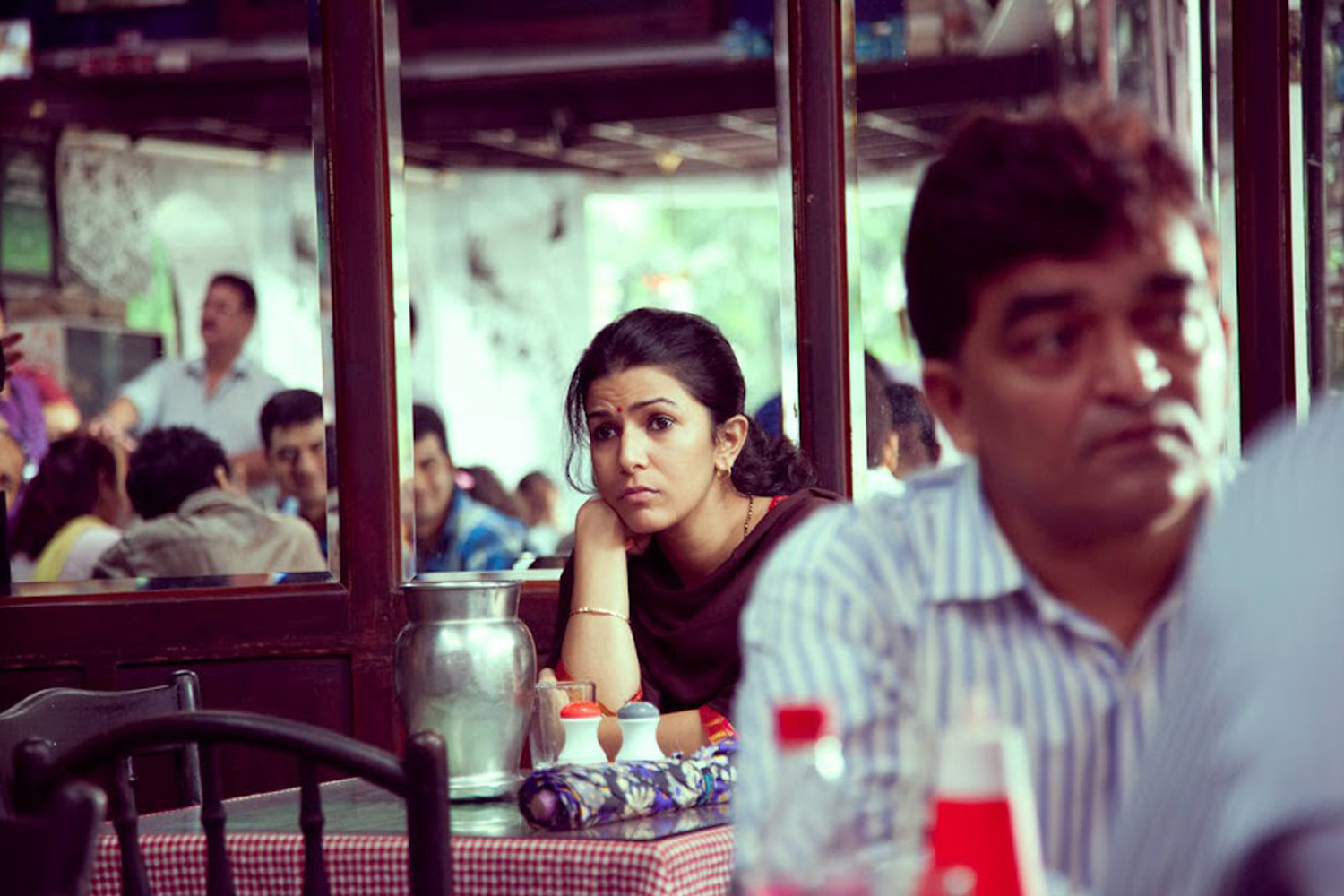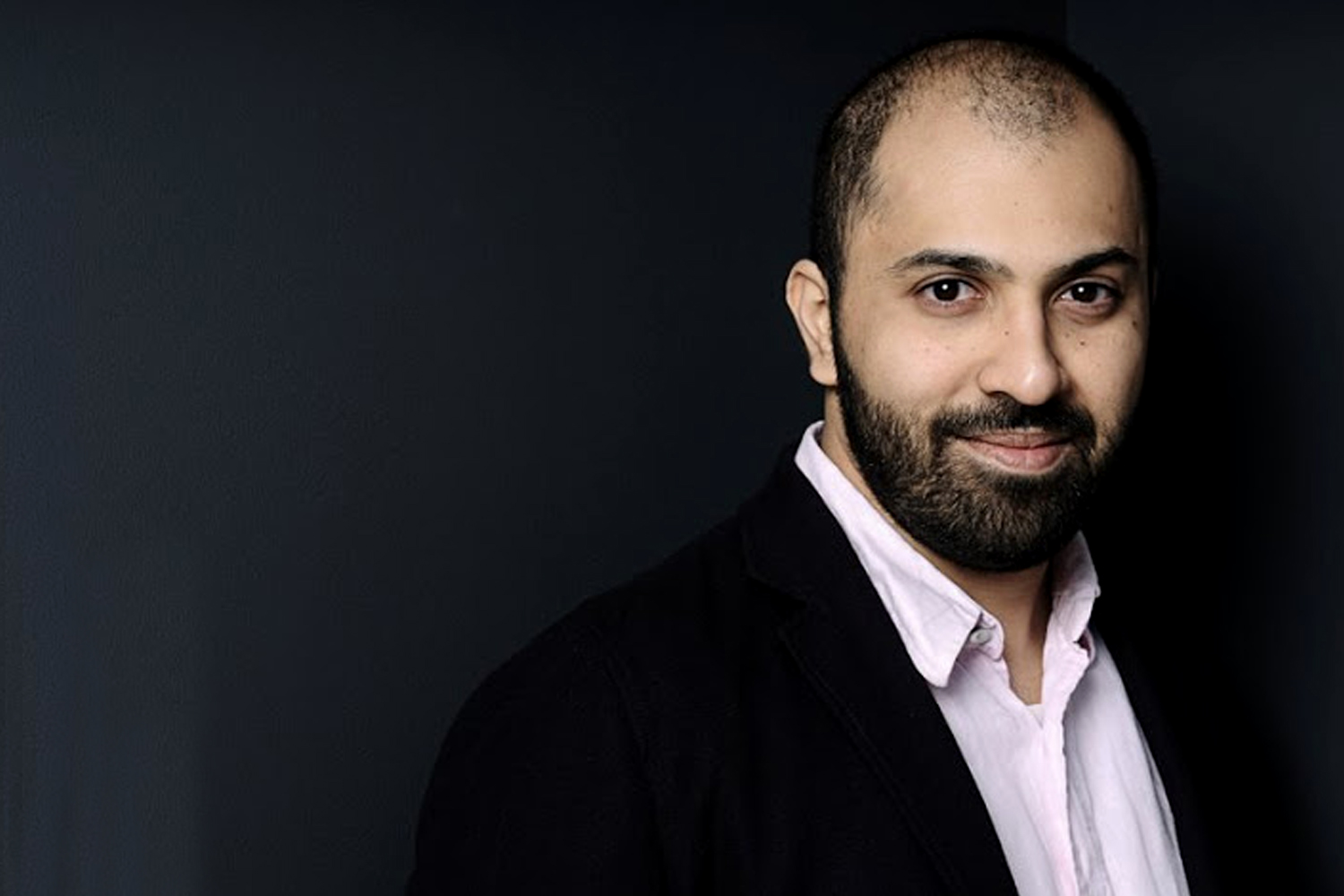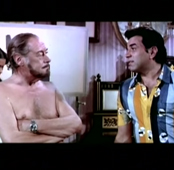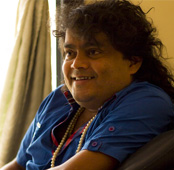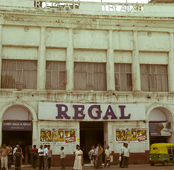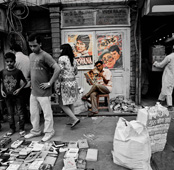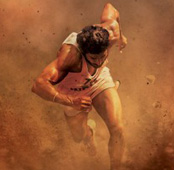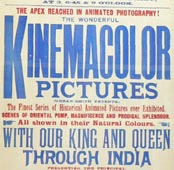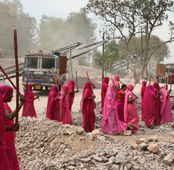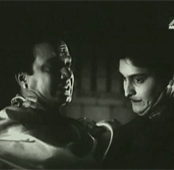-
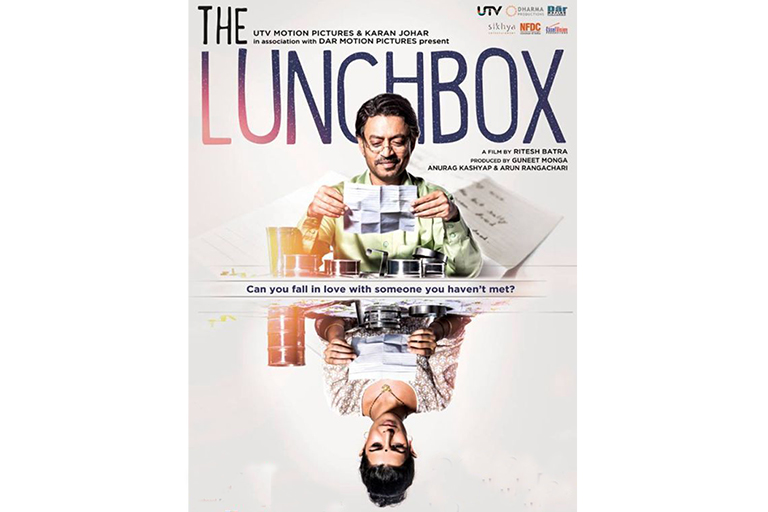 Poster of The Lunchbox
Poster of The Lunchbox -
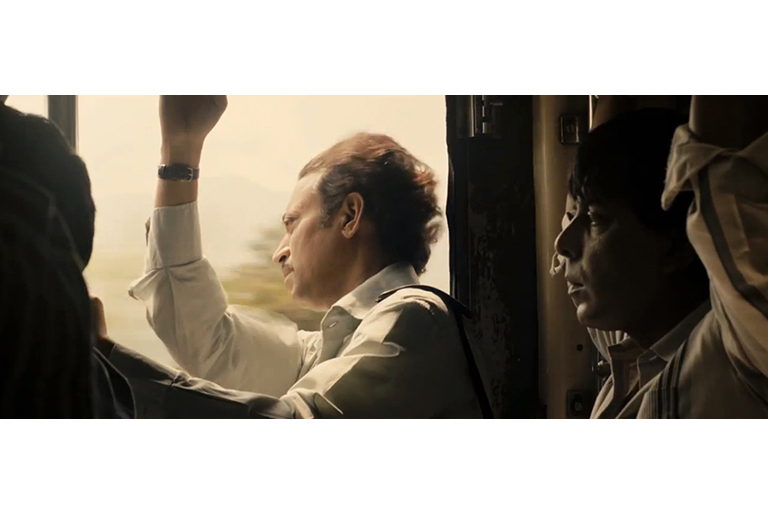 A screenshot from The Lunchbox
A screenshot from The Lunchbox -
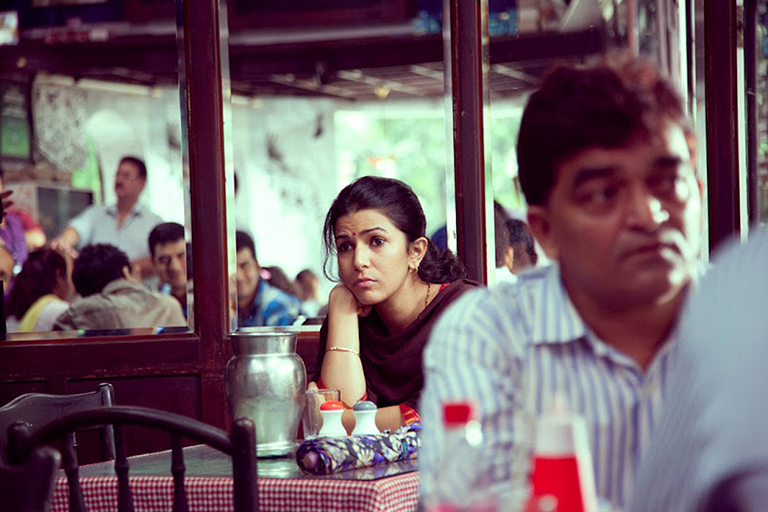 A still from The Lunchbox
A still from The Lunchbox -
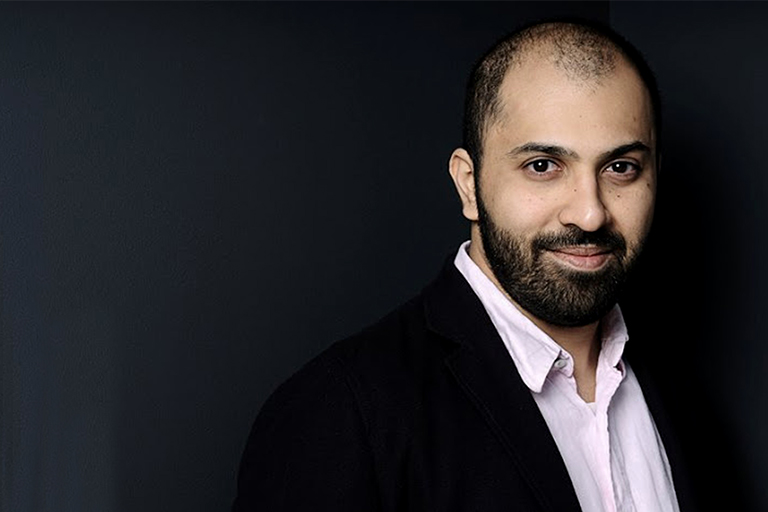 Ritesh Batra (c) Lamachere / Semaine de la Critique
Ritesh Batra (c) Lamachere / Semaine de la Critique
Ritesh Batra on his relationship with the city he grew up in, Mumbai, and the city where he went to learn filmmaking, New York, and how these relationships found their way into his first feature film, The Lunchbox.
Bombay was very different when I was growing up. And, that’s one of the things The Lunchbox is about. Nawaz’s character in the movie, Sheikh, is a stand-in for Bombay in a way. The sort of optimism he has and the way in which he is out there. Everywhere he goes, he smiles. He is everything the other two characters are not. And in that sense he represents Bombay.
I left for the U.S. when I was 18. I went to study economics in Drake University in Iowa. After graduating I became a consultant at Deloitte and then I went to film school at the Tisch School of the Arts, New York University.
The Lunchbox is about loneliness in big cities— cities like Bombay and New York, which is what makes it so identifiable. The experience of living in New York is completely different from the experience of living in Bombay in most ways, but in that one regard both experiences are very similar. New York is very cosmopolitan, Bombay might not be as cosmopolitan but it’s segregated like New York is. If you move around in a certain circle, if you live in a certain part of Bombay, it’s possible that you may never see another part of Bombay. There are many Bombays in one and that is how New York is as well. The story of the film bounces between all these different Bombays. The Bombay of Irrfan’s character, the Bombay of Ila and the Bombay of Sheikh; and these three different places could never be woven together or mix with one other, except in cinema.
I have worked with people who come from very different places and sensibilities for this film. For instance, I have an American DOP, the colourist in the film is from France, the sound designer is from Germany but the film is rooted in Bombay. I moved back to Bombay to make this film and now live here.
And I believe that is the reason it has been appreciated in different parts of the world. Only if something is extremely local, can it be universal. I had a very interesting experience at Toronto and Telluride, because I was curious to know why they liked the film, and they told me it was because they experienced India, but not as a tourist. So, once that’s taken care of, people think that, ‘Okay this is not make believe or farce, this is true.’ And then they start to see the universality in the film, in the relationships, in the characters.
And that is great because when I start to make a film, I don’t know what kind of a connect I am looking for from the audience. You just want that a good story be well told, and hope people invest themselves emotionally while watching it. Anyone who comes to watch a film brings himself to it, and different people take different things away from it.
When you are writing a film you don’t really know what it is about. One day you might think you do but on the next day it becomes about something else. Because writing is a journey, it is about finding out more. When you’re giving interviews you have to say that your film is about one thing or the other but when I was writing The Lunchbox it was pretty vague for most part. Again, I don’t know what my next film is about. All I know is that it is set in Bombay, but, honestly, I don’t know what it’s about.
As told to Tanul Thakur
Big City Boy
ArticleSeptember 2013



